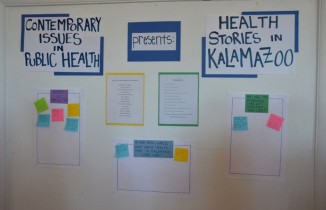
Author Archives: ACA2

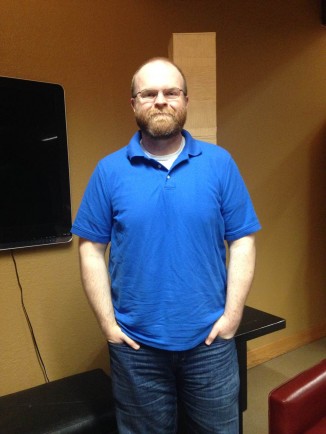
“It seems inherently un-Christian to associate something as vital as health care, and as necessary as health and access to care, and base that off wealth.”
An interview with Scott Watson, a community leader who is currently pursuing his Master of Divinity and works at The Bridge Church in the Portage and Kalamazoo communities.
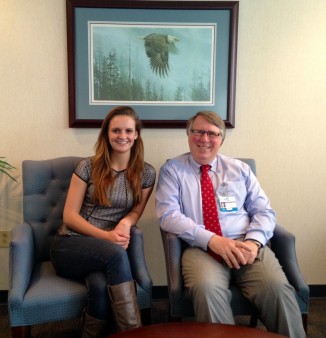
“[Borgess] is getting coverage for people who before had no coverage and [Borgess] get[s] the Medicaid reimbursement for them. We are also seeing another group of people who have high out of pockets, who in the past their employers covered most of that, but now they don’t have the means to cover it so we have to provide them care. So it is kind of a ying and a yang. That’s the way I would describe the ACA in terms of our experiences: ying and yang.”
An interview with Paul Spaude, the CEO of Borgess Health
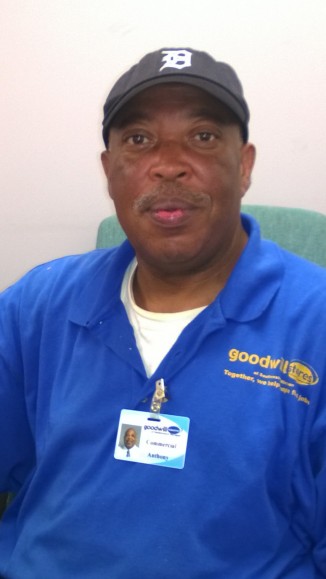
“I hope I can clear it up before something else happens to me.â€
An interview with Anthony Everson, an employee at Goodwill Industries who has struggled with obtaining health insurance through the open marketplace.
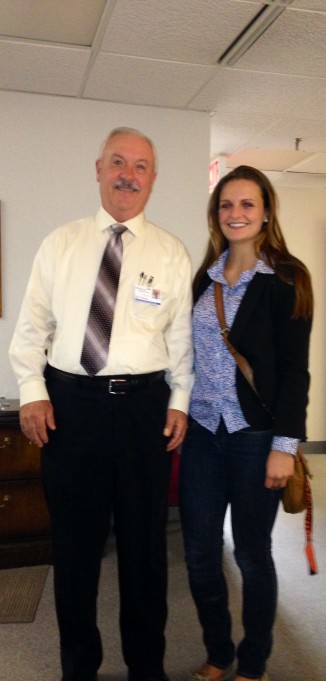
“Unless you need tires for your car you don’t pay attention to the advertisements for tires, only when you need it do you start paying attention. That’s how people view healthcare; they don’t think about it until it is too late, and when they do it turns out to be pretty expensive.â€
An interview with Rich Felbinger, the Chief Financial Officer of Borgess Health.
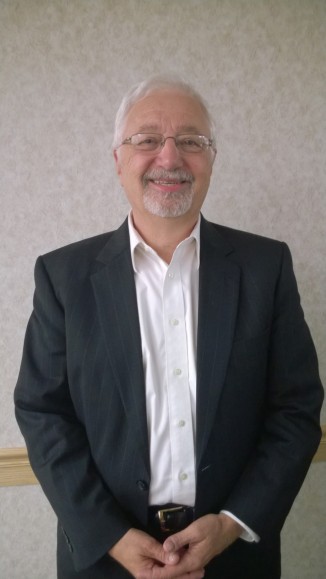
“…if we begin to create systems that marginalize or reinforce marginalization, then we’re losing assets. So, from a perspective of…complex problem solving—problem solving that needs everyone engaged—we have to move forward.â€
An interview with Dr. Nick Andreadis, a retired community leader and medical doctor who currently works with Enroll Kalamazoo.
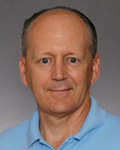
“The uninsured aren’t always the poor; it’s a lot of small-business owners and professionals.â€
An interview with Dr. Raymond Higbea, who has taught all of the health care administration courses at WMU for the past five years, and before that taught at Cornerstone University for two years. Dr. Higbea also did his doctoral research on access to health care and the uninsured, and joined the Enroll Kalamazoo Community Outreach initiative.
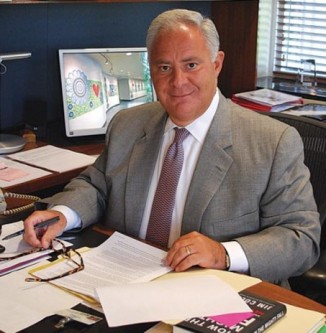
“It has always been important, but now it’s absolutely critical that we create connections within the community”
An interview with Frank Sardone, the CEO of Bronson Methodist Hospital in Kalamazoo, Michigan.

“People don’t like to wait anymore to see their doctor, they think they need it now. And that’s going to be one of the problems here with more people insured, is that…more people insured but there’s not more doctorsâ€
An interview with Mark S.,* an Emergency Medicine resident, who describes himself as a physician in training to be an emergency medicine doctor.